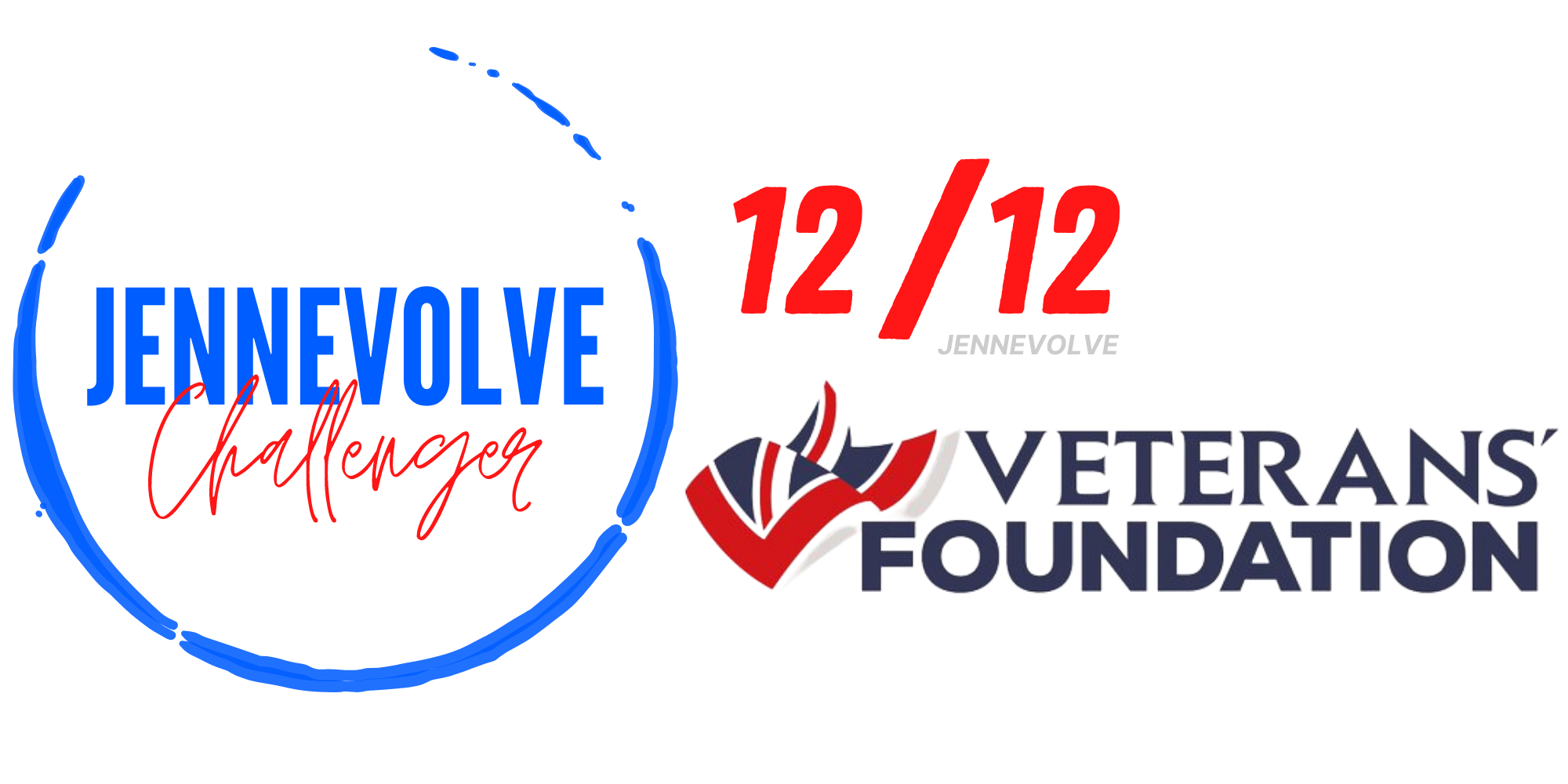Without a doubt I approached this whole endeavour with some naivety. My ego assumed that I could rely entirely on my physical and mental robustness built up thanks to 10 years in the military. Both of these have already been tested.
Don’t get me wrong, I will keep cracking on but I am not as young as I used to be, and I know that sounds ridiculous coming from a 32 year old, but this 32 year old is used to being able to smash out endurance feats with practically no preparation and no requirement for recovery. My body doesn’t bounce back like it used to. I get the occasional niggle now (and frustratingly have no idea where they come from), and I swear I feel tired a lot more often (If I could buy energy I would!). It isn’t something I am worried about but it is changing my outlook on my health, and, most importantly, not taking it for granted. (I mean, I’m still in denial that I will ever be old but let’s not worry about that!)
When planning these challenges, I just naively assumed that I would feel the fittest I’ve ever been, that I would have bucket loads of time and energy to enjoy training, and that I could jump from one discipline to the next without skipping a beat. I paid lip service to the multidiscipline aspect of this solo challenge; the training load that would come with it and the logistical and administrative burden on my mind.
But I am glad that I am finding this tough.
I believe that to enjoy life you need to be challenged, you need to work hard to appreciate the down time and the freedom that you receive afterwards. Without challenge in your life, without leaving your comfort zone, you won’t grow and you certainly won’t feel the same appreciation for any good karma that comes your way.
At the same time, you need to find space to recover. Yes, work hard, yes, give it your all, but if you don’t schedule in that recovery then you won’t have the motivation or the energy to enjoy the results. I was genuinely broken after challenge 4 and it has taken me two whole weeks to feel like myself again. I had two days of recovery scheduled in my head.
Just by chance I had a rescheduled chill out holiday booked in for last week and I was torn about going because I figured I should be back at home working hard on fundraising and getting my body back on top form. I am so glad I went. My energy levels are back up, I’ve managed to slow down my top speed (slightly mental) brain and, ironically, I was probably much more active than I would have been at home. I also (and this is how ridiculous my mind can be at times) felt like going on holiday was somehow contradictory to how I am publicly presenting myself this year. As if, by doing something purely for my enjoyment, it would undermine my efforts to fundraise, that people wouldn’t take me seriously. Such madness. This recovery will 100% fuel me for the next phase. I also appreciated it so much more having just pushed my mind and body to its limit.
As I continue on this journey it is becoming even more clear to me that physical and mental health are intrinsically intertwined. In my twenties, I really didn’t appreciate this fully. And, having experienced high levels of stress in both my personal and professional life, I am no longer as accepting of it. I would say that, yes, experiencing stress has made me more resilient, it has definitely made me less accepting of poor standards or inefficiency (often expressed as impatience which is not such a good thing!), but it has also made me extremely adverse to it.
And let me just clarify that to be challenged, you don’t need to be stressed.
I believe we can choose the level of stress in our lives, whether that’s by avoiding certain situations (or people) completely or, when that is not possible, raising your stress management game by changing your mindset. Perspective is everything.
I could 100% stress about raising £100,000 for charity or juggling time for friends and family while I do this crazy-ass thing. Or I can change my perspective. Whether that’s changing my perspective of what success looks like, or realising that my friends and family, as much as they might like me, also have their own lives to live. And what good problems to have! It could be a lot worse.
Recovery has allowed me a bit more headspace to reflect on all of this.
So, my advice? Give yourself time to recover. You don’t have to have paddled 108 miles in 29 hours (I’m such an idiot – insert headshake) or run a 65km trail marathon to deserve a break.
Make sure you take time to look after yourself.


0 Comments